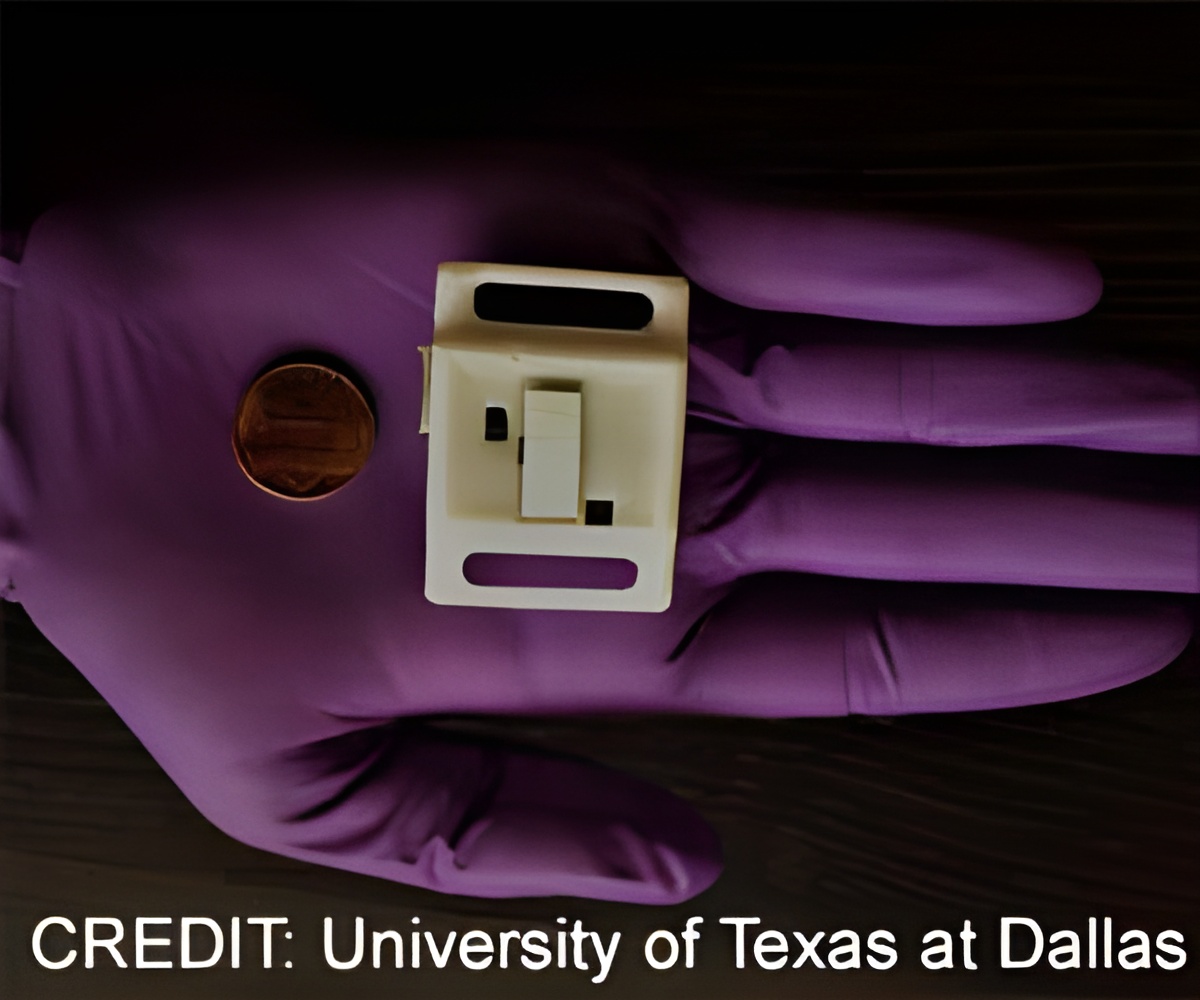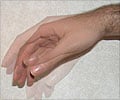Researchers studied the feasibility of a continuous, multi-sensor remote health monitoring approach in persons living with complex health conditions.

It was important for researchers to understand feasibility in participants’ natural environments because behavior in the lab or clinic may not reflect what occurs in day-to-day living.
Researchers recruited 39 participants with cerebrovascular or neurodegenerative diseases to wear up to five devices on their ankles, wrists, and chest continuously for seven days at home and in the community following a clinic visit.
For people living with complex health conditions, there are advantages to using multiple sensors to capture specific behaviors and symptoms.
Participants wore at least three devices for a median of 98 percent of the study period. They also enrolled with a study partner who could help them navigate any issues that arose during the study.
The willingness to wear the technology might have been influenced by the support offered to participants during the study.
Advertisement
Participants felt it was important to optimize comfort, ease of use, and appearance if they needed to wear sensors for long periods and felt that continued effort should be made to ensure the technology does not interfere with activities of daily living.
Source-Medindia









